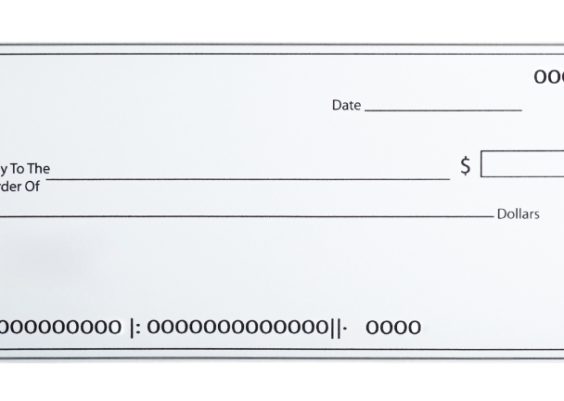Consistently making on-time payments is crucial for responsible credit usage. However, we all make mistakes, and an occasional accidental late payment can happen to anyone.
But what happens next? How do late payments impact your credit? Is it ever possible to have a late payment removed from your credit report?
- Accurately reported late payments cannot be removed from your credit report.
- A late payment can only be removed from your credit report if it was reported in error.
- To dispute an incorrect late payment on your credit report, you must file a dispute with the credit bureau responsible for the error.
- Setting up automatic payments and regularly monitoring your credit can help you avoid late payments and identify any inaccurately reported ones.
How Long Do Late Payments Stay on Your Credit Report?
According to the Consumer Financial Protection Bureau (CFPB), negative information, including late payments, can remain on your credit report for up to seven years. While late payments can impact your credit scores during this time, their influence usually diminishes over time.
How to Remove Late Payments from Your Credit Report
It’s important to note that you cannot remove a correctly reported late payment from your credit report. Additionally, the CFPB warns against paying companies that claim to remove accurately reported late payments and other negative information from your credit reports. Beware of scams and learn how to identify and avoid them.
The only circumstance in which a late payment can be removed from your credit report is if it was reported in error. This means that you made the payment on time, but it was mistakenly reported as late to a credit bureau. In such cases, you must understand how to dispute inaccurately reported late payments.
How to Dispute Inaccurate Late Payments on Your Credit Report
If you discover an incorrect late payment on your credit report, you can file a dispute with the credit bureau responsible for the report containing the error. If the same error appears on your reports from all three major credit bureaus, you may need to file separate disputes with each bureau.
Once the dispute is filed, an investigation will be conducted. If the late payment is found to have been reported in error, it will be removed from your credit report. For further guidance on disputing errors on your credit report, you can refer to the CFPB.
When are late payments reported?
Late payments are typically not reported to the major credit bureaus until they are 30 days past the payment due date. However, it is best to pay on time and at least make the minimum payment as soon as possible.
Even a late payment before the 30-day mark can result in consequences such as late fees, increased interest rates, and the loss of promotional APR offers.
Additionally, late payments are typically reported when they reach 60, 90, 120, and 150 days past due, and the impact of the late payment may grow as those days accumulate.
How do late payments impact credit scores?
The exact impact of late payments on credit scores is difficult to determine, as you have multiple credit reports and scores. The three major credit bureaus—Equifax®, Experian®, and TransUnion®—compile credit reports containing information about your credit history, including payment history, credit account status, credit utilization ratio, and more.
Credit-scoring companies like VantageScore® and FICO® use this information to calculate credit scores, but each credit score may be calculated differently and weigh late payments in varying ways.
While the precise impact of late payment is hard to ascertain, payment history is an essential factor in credit score calculations, and making timely payments is crucial for preserving your scores.
Do late payments have other negative consequences?
Impacting your credit scores is not the only consequence of making late payments. Late payments can also lead to late fees and increases in interest rates.
Moreover, if a credit card account remains 180 days past due, the issuer may be obligated to close and charge off the account.
This means the credit card account will be permanently closed, but you will still be responsible for paying off the debt. Some issuers may charge off accounts sooner than the 180-day mark.
Can late payments be removed from a credit report before seven years?
Late payments cannot be removed from a credit report unless they were reported in error. If a late payment is accurately reported, it cannot be prematurely removed from your credit report.
Removing Late Payments from Your Credit Report
Remember, accurately reported late payments cannot be removed from your credit reports.
It is also important to note that you cannot pay someone else to remove accurate information from your reports. However, late payments will naturally fall off your credit reports after seven years.
Taking proactive steps, such as setting up automatic payments, can help you avoid late payments altogether.




